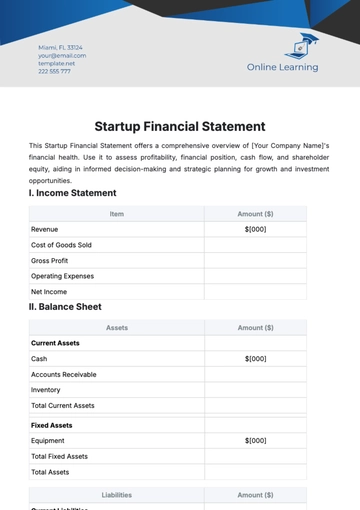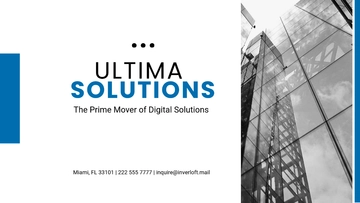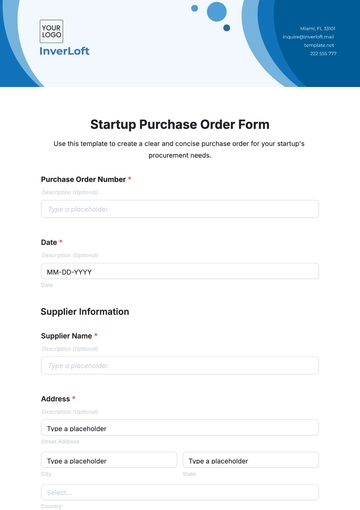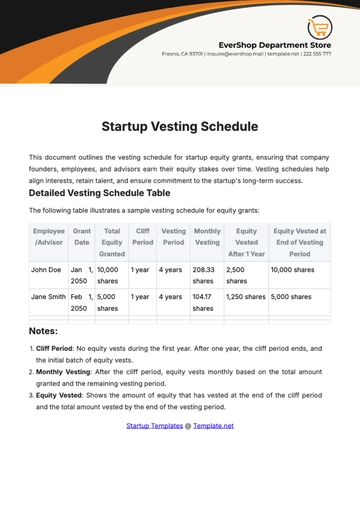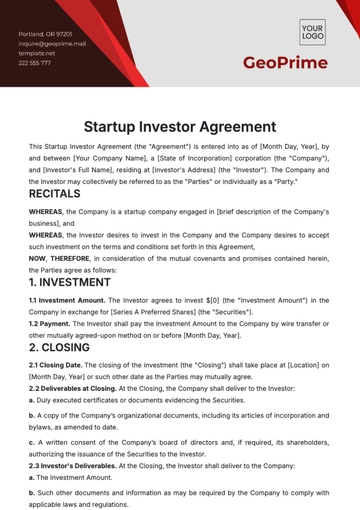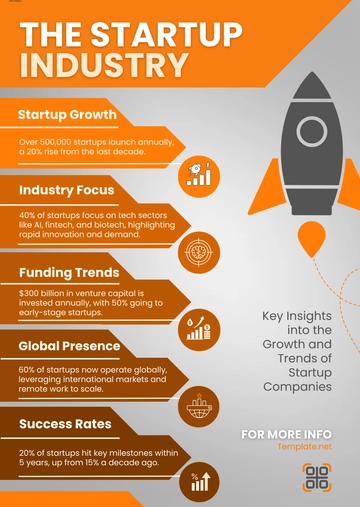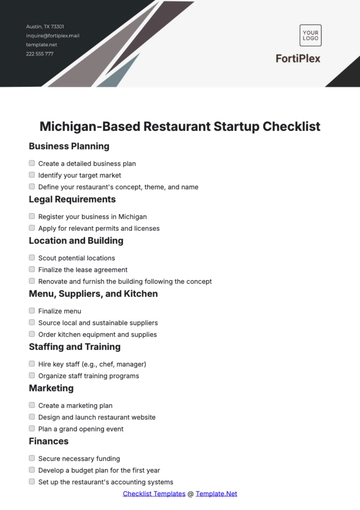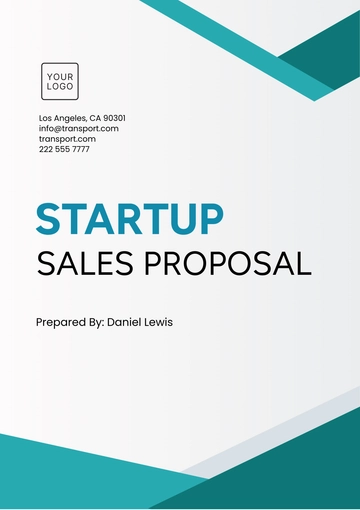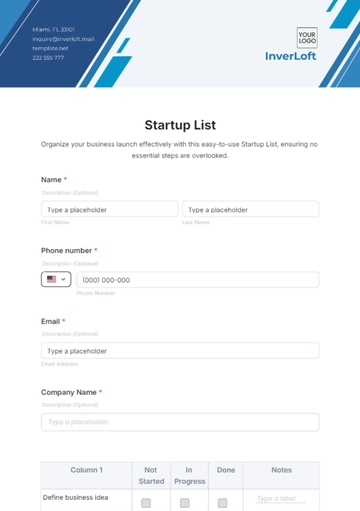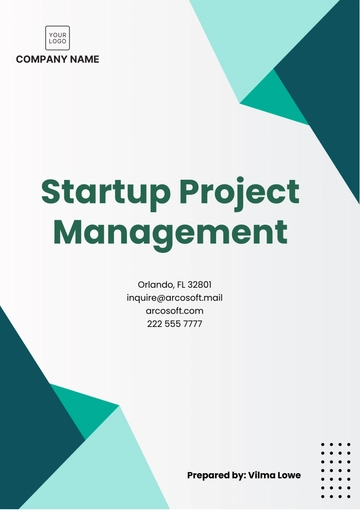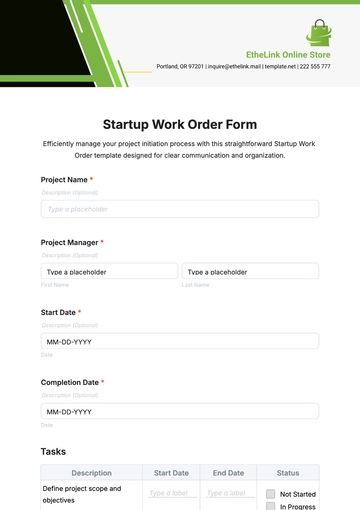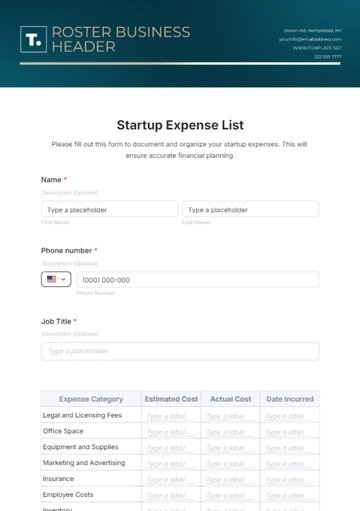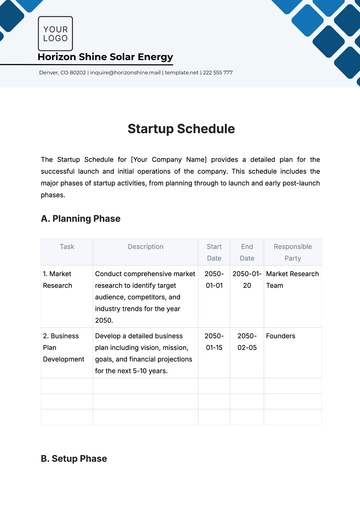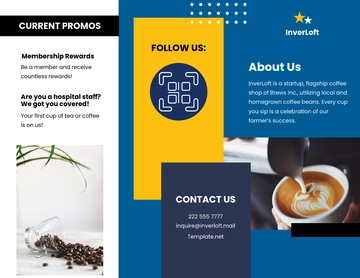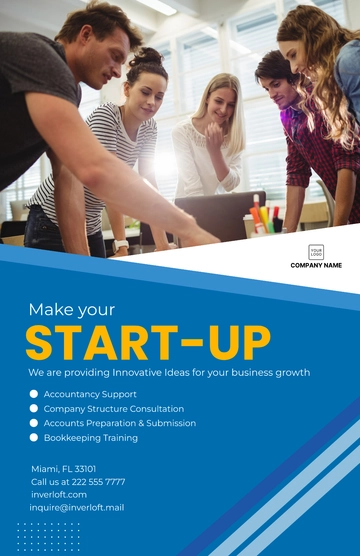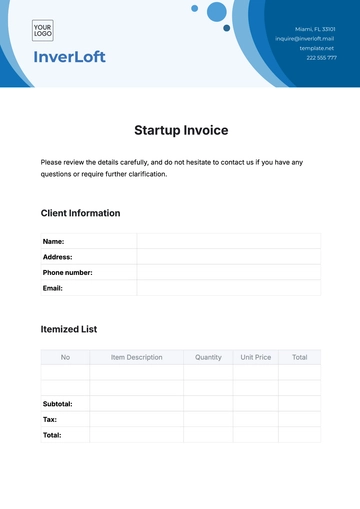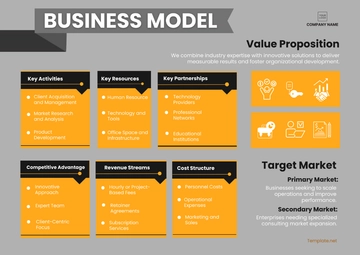Free Startup Customer Relationship Management (CRM) Strategy
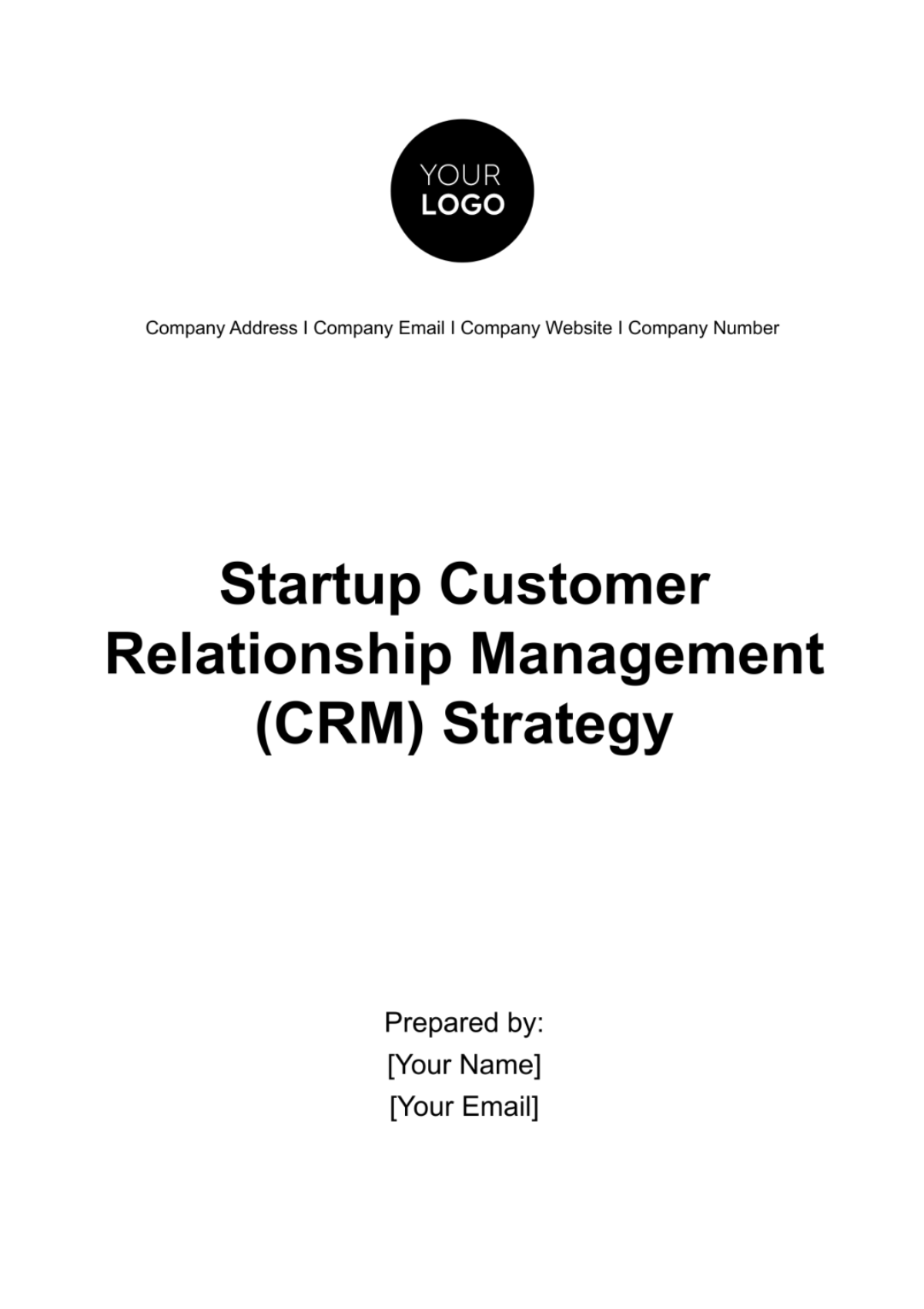
Introduction
This comprehensive startup Customer Relationship Management (CRM) strategy outlines our approach to building and maintaining meaningful relationships with our customers. By prioritizing personalized interactions, leveraging data insights, and utilizing innovative technology, we aim to drive customer satisfaction, loyalty, and long-term profitability.
Understanding CRM
Customer Relationship Management (CRM) is a comprehensive strategy and process of maintaining and increasing trustworthy relationships with customers. One key aspect of CRM involves using technology to analyze customer interactions and data throughout the customer lifecycle. This can help improve customer service and customer retention, leading to an increase in sales.
Identification of CRM Need
The initial step is to identify the need for a CRM system within your startup. This can often be determined by noting issues such as loss of customer data, lack of organized customer communication, or an increase in customer complaints. The need to streamline customer data into a collective database could also indicate the need for a CRM system.
Defining CRM Objectives
Objective | Description |
|---|---|
Customer Retention | Increasing the number of repeat customers and diminishing customer attrition through satisfactory service. |
Customer Acquisition | Implementing marketing strategies to attract potential customers to the business. |
Customer Profitability | Enhancing the profits made from selling products or services to customers. |
Customer Satisfaction | Ensuring the customers are continually satisfied with the products or services. |
Customer Loyalty | Building a loyal customer base through exceptional customer experience and brand reputation. |
Customer Segmentation
Segmenting our customer base based on demographics, behavior, and preferences allows us to tailor our marketing efforts and communication strategies to meet the specific needs of different customer groups effectively. We will employ a multi-faceted segmentation approach, considering factors such as age, gender, location, purchasing frequency, and product preferences.
By understanding the unique characteristics and motivations of each segment, we can develop targeted marketing campaigns, messaging, and product offerings that resonate with their interests and preferences.
For example, we may identify a segment of environmentally-conscious millennials who prioritize sustainability and seek out eco-friendly products. Tailoring our messaging and product assortment to appeal to this segment's values and preferences can help us capture their attention and loyalty more effectively.
Personalization
By leveraging data analytics and customer insights, we can deliver personalized experiences that resonate with individual preferences and behaviors. Utilizing both explicit data (e.g., customer-provided preferences and purchase history) and implicit data (e.g., browsing behavior and engagement patterns), we can create tailored experiences at every touchpoint of the customer journey. This could include personalized product recommendations based on past purchases, dynamic website content based on browsing history, and targeted email campaigns tailored to specific customer segments.
For instance, if a customer frequently purchases running gear, we can send them personalized recommendations for new running shoes or accessories based on their past purchases and preferences. By demonstrating that we understand their individual needs and preferences, we can deepen customer engagement, increase loyalty, and drive repeat purchases.
Selecting a CRM System
Choosing the right CRM system is crucial for the success of our CRM strategy. We will evaluate various CRM solutions based on factors such as scalability, functionality, ease of integration, and cost-effectiveness. Additionally, we will consider our specific business needs and growth objectives to ensure the selected CRM system aligns with our long-term goals.
CRM Implementation
A well-planned implementation process is essential to ensure a smooth transition to the new CRM system. We will establish clear timelines, roles, and responsibilities, and allocate sufficient resources to support the implementation process. Regular communication and collaboration between cross-functional teams will be key to driving adoption and maximizing the benefits of the CRM system.
Staff Training
Effective training programs will be developed to ensure that all staff members are proficient in using the CRM system. Training sessions will cover various aspects of the CRM system, including data entry, reporting, and customer interaction workflows. Ongoing support and refresher training will be provided to address any challenges and ensure that staff members feel confident in utilizing the CRM system effectively.
Data Management
Establishing robust data management practices is essential for maintaining the integrity and accuracy of our customer data. We will implement standardized data entry processes, establish data quality metrics, and regularly audit our database to identify and address any inconsistencies or errors. Additionally, we will ensure compliance with data privacy regulations to protect customer information and build trust with our audience.
Monitoring and Evaluation
Regular monitoring and evaluation of the CRM system’s performance is important for ensuring that it continues to meet the startup's objectives. This process also helps in identifying areas for improvement in both system and staff performance.
Omni-channel Engagement: Ensuring a seamless experience across multiple channels is paramount to our CRM strategy. By integrating various touchpoints and providing consistent messaging and experiences, we enhance customer satisfaction and loyalty.
Channel | Description |
|---|---|
Website | User-friendly interface with personalized recommendations and easy navigation. |
Social Media | Engaging content, responsive customer service, and targeted promotions across platforms. |
Personalized newsletters, product updates, and exclusive offers based on customer preferences. | |
Mobile App | Convenient access to account information, purchase history, and in-app messaging for support. |
Customer Journey Mapping: Understanding the customer journey allows us to anticipate needs and deliver relevant interactions at each stage. By mapping out key touchpoints and pain points, we can tailor our approach to enhance the overall experience.
Customer Feedback and Satisfaction
Regularly soliciting feedback through surveys, reviews, and customer support interactions allows us to gauge customer satisfaction levels and identify areas for improvement. We utilize a multi-faceted approach to gather feedback, including post-purchase surveys, net promoter score (NPS) assessments, and sentiment analysis of customer interactions. This comprehensive feedback loop provides valuable insights into customer preferences, pain points, and overall satisfaction with our products and services. Moreover, our dedicated customer support team ensures prompt and empathetic responses to inquiries and concerns, fostering a positive customer experience at every interaction point.
Loyalty Programs and Customer Retention
Implementing loyalty programs and incentives is a key component of our CRM strategy to drive customer retention and foster brand loyalty. Our loyalty programs are designed to reward customers for their engagement and purchases, offering exclusive discounts, rewards points, and VIP perks. Through targeted marketing communications, we personalize offers and promotions based on each customer's purchase history and preferences, incentivizing repeat purchases and increasing customer lifetime value. By nurturing long-term relationships and rewarding loyalty, we not only retain existing customers but also turn them into brand advocates who actively promote our products and services to their networks, further amplifying our reach and growth potential.
Continuous Improvement
Adopting a culture of continuous improvement ensures that we are constantly evolving and adapting our CRM strategies to meet changing customer needs and market dynamics. Regularly analyzing performance metrics and soliciting feedback allows us to refine our approach over time.
Conclusion
In conclusion, this comprehensive CRM strategy serves as a roadmap for building strong and lasting relationships with our customers. By prioritizing personalization, leveraging data insights, and embracing omni-channel engagement, we can enhance customer satisfaction, loyalty, and advocacy, driving sustainable growth and success for our startup. With a customer-centric approach at the core of our operations, we are well-positioned to thrive in the competitive marketplace and achieve our business objectives.
- 100% Customizable, free editor
- Access 1 Million+ Templates, photo’s & graphics
- Download or share as a template
- Click and replace photos, graphics, text, backgrounds
- Resize, crop, AI write & more
- Access advanced editor
Revolutionize your startup's customer relations with Template.net's Startup CRM Strategy Template. Editable and customizable, it's tailored to your unique needs. Seamlessly adapt strategies with our online AI Editor tool, ensuring agility and precision in customer engagement. Elevate your CRM game effortlessly, setting your startup on the path to success.
You may also like
- Startup Agreement
- Non Profit
- Transport and Logistics
- Education
- IT Services and Consulting
- Startup Presentation
- Startup Business Plan
- Startup Proposal
- Startup Plan
- Startup Brochure
- Startup Form
- Startup Flyer
- Startup Checklist
- Startup Budget
- Startup Poster
- Startup Contract
- Startup Invoice
- Startup Letterhead
- Startup Quotes

